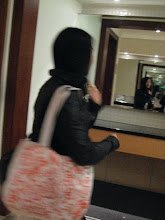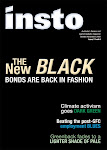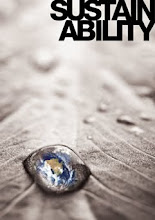Ripped from J2 blog again.
When there's spare time I usually stay behind after work to help out with stories, usually short little human interest pieces, but good experience nonetheless. During that week I'd written about one science story a day, and had gotten so used to it that I'd begun following a similar formula with each one- shocking scientific discovery in the lead, research process leading to discovery, scientist's quote on the significance or implications of the finding, and plans for future studies in the area.
A conference was being held in Hobart for all scientists in Antarctica to discuss their findings for the year and talk about new ways of working with each other for the next year. AAP had run a story about a UCLA professor who'd supposedly said that within 100 years there would be trees shrubs and even patches of grass growing on Antarctica due to global warming etc. I looked up similar articles on ABConline etc, but there was no specific quote from the professor as authority for the claim. I called the media liasion officer for the conference and waited a couple of hours for the guy to call me back. In the mean time I put together all the things I already knew about the guy's research, the conference and took quotes from the other articles.
When I was about to give up hope of an interview, he called me back and my first question was, "What are the implications of your theory that there'll be life on Antarctica within the next 100 years on scientific research plans for the future?" To which he responded, AND I QUOTE: "Well, first of all, I never said that."
.....It was all I could do not to splutter as I said, "What?" bewildered. It turned out all those journalists had misquoted him and misinterpreted the talk he'd given. As he launched into lengthy discussion of what he'd actually said, I realised the truth wasn't very newsworthy after all, scattered as it was with scientific jargon and well-established, carefully/diplomatically worded and non-dramatic facts about Antarctica. After waiting for hours, I had no story and had no choice but to go home disappointed and a little disenchanted with the quality of Australian media.
He even asked me how anyone could be expected to believe that the huge mass of ice that's taken so long to accumulate could melt in such a short amount of time, let alone sprout vegetation? And as I was talking to him about how ridiculous it now seemed in hindsight, conceptually I realised the power journalists, and in particular, authoritative sources like the AAP and ABC, have over us laypeople. Without intending to, we automatically assume that what we read must be true, because surely they've done their research and gone through all the neccessary channels....what might have happened is that one article had gotten it wrong, which had let to a chain-reaction of inaccurate articles...
Lesson learned: Don't trust anyone who gives you a story to have all the facts straight- even your fellow journalists.








